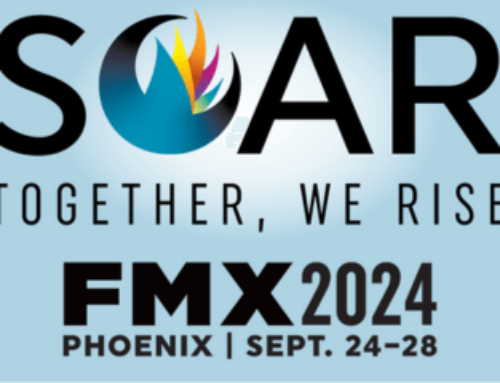The recession and the slow recovery from it are the major driving forces behind a recent slowdown in health care spending, while higher patient cost-sharing and other changes to the health system play a smaller role, according to a study released Monday by the Kaiser Family Foundation and the Altarum Institute.
The study found that health care spending totaled about $2.8 trillion in 2012 and grew on average by 4.2 percent annually from 2008 to 2012, down from a recent peak of 8.8 percent annually between 2001 and 2003.
The study showed that the recession and poor economic recovery accounted for 77 percent of the factors that contributed to the recent slowdown in national health care spending, while just 23 percent resulted from changes in the health care system, such as higher deductibles and other cost-sharing strategies made by insurers and medical providers.
The report found that lower health care spending will continue for several more years, the economy eventually will recover, pushing the annual health spending growth rate to more than 7 percent.




